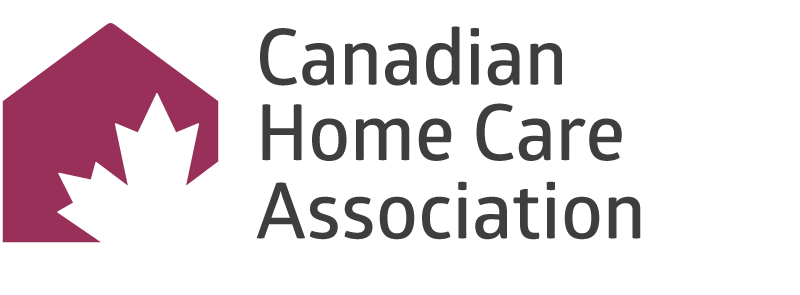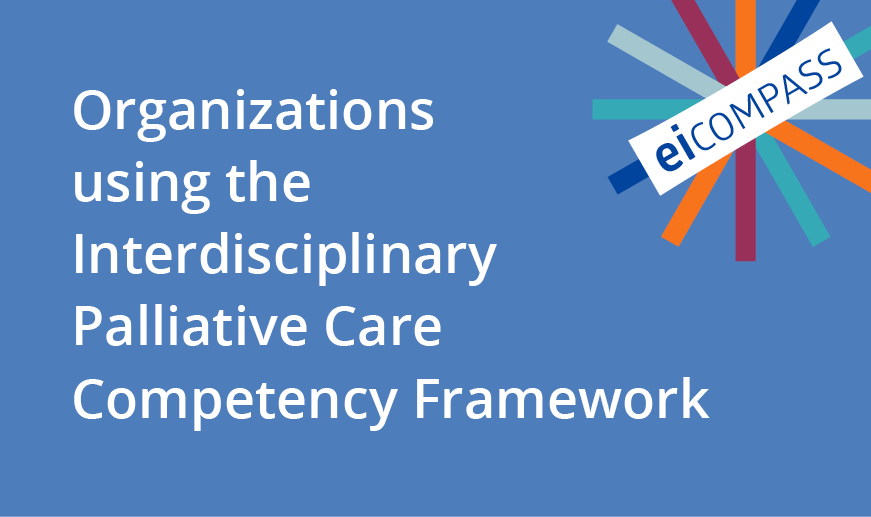Accreditation Canada/HSO have shifted their emphasis to a team-based collaborative approach within the health care standards. The standards now include a section, “enabling a healthy and competent team,” where competencies are defined as skills, behaviours and attitudes—similar to the Competency Framework. The assessment links to the team level and not to one profession over another.
If the team is not held to account for quality of care, health outcomes will not improve. As a result, patients often experience an otherwise unplanned visit to the emergency department. To successfully support people to die at home, team-based care must be linked to a core set of integrated competencies
The Canadian Interdisciplinary Palliative Care Competency Framework contributes to the health care sector reflecting on the complexity of palliative care and end-of-life care. It introduces the importance of cultural safety and humility and clarifies the distinction between end-of-life and palliative care. The 12 domains reflect on what good care looks like and aligns to HSO ‘s standards on palliative care used in Accreditation Canada’s Qmentum program. The challenge of the existing framework is that in describing the clinician/caregiver competencies, the Competency Framework presents the palliative care approach as multi-disciplinary, specific to a discipline and can be interpreted as siloed.
The Framework provides an opportunity to flip the lens to the person receiving the care to eliminate fragmentation by discipline. The general competencies within each discipline are quite similar and consolidation through common language standardized across the disciplines would simplify, streamline, coordinate and improve care for patients and families.
Home care is vital to the palliative care that Canadians want. It is imperative that health care embrace a team-based approach, from clinical education to everyday practice.






















